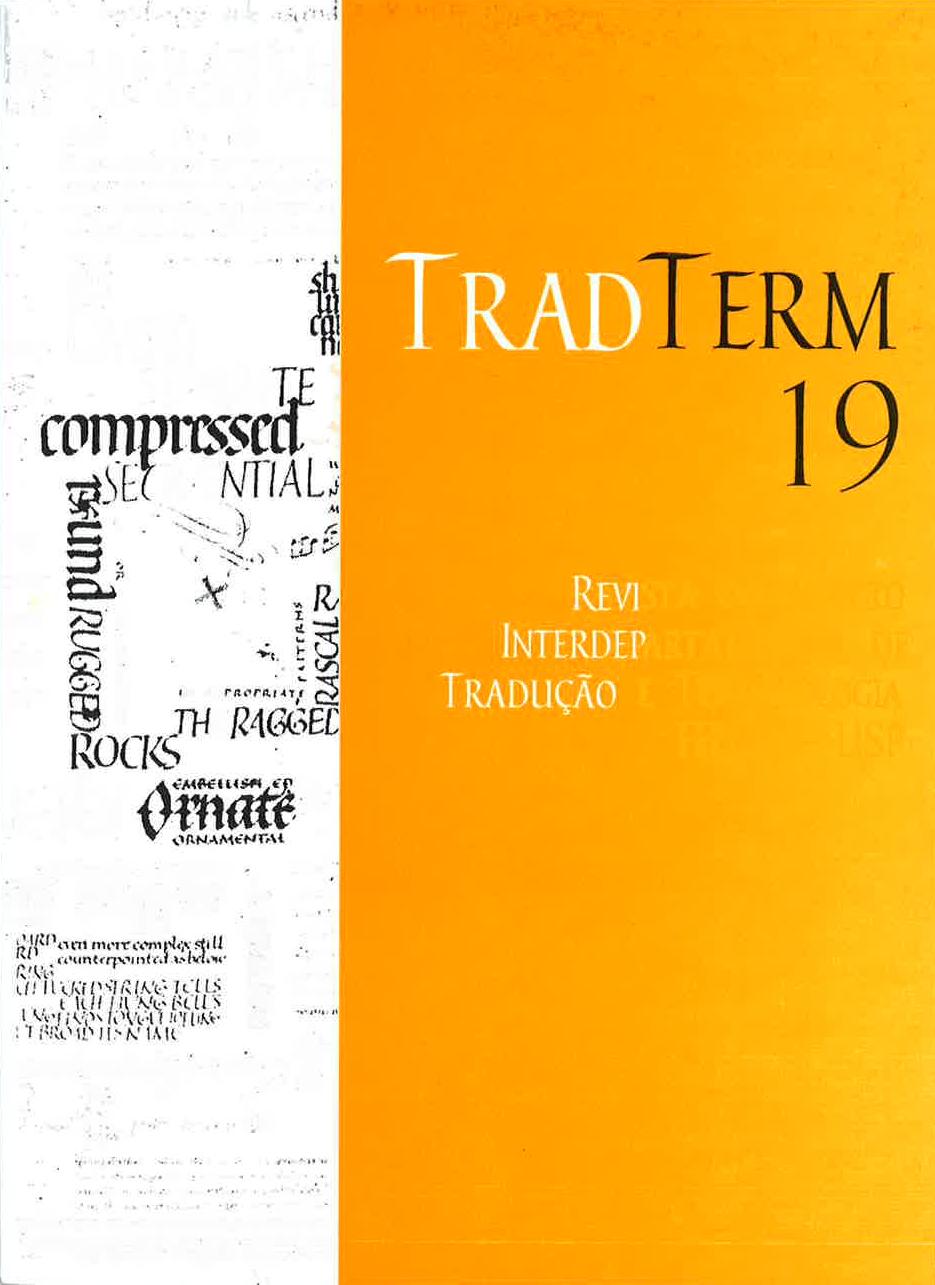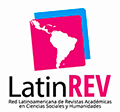Video game localization: the case of Brazil
DOI :
https://doi.org/10.11606/issn.2317-9511.tradterm.2012.47438Mots-clés :
Videogames, tradução, localização, localização de jogos no Brasil.Résumé
Quando os primeiros videogames apareceram na década de 1950, eles se apresentaram como uma tecnologia de grande potencial e com um futuro promissor. O que muitos não esperavam é que, cerca de meio século depois, o videogame se tornaria uma indústria multibilionária, rivalizando com outras indústrias importantes do mundo do entretenimento em termos de faturamento e popularidade, tais como as indústrias do cinema e da música. Com a crescente expansão do setor, aliada à necessidade de internacionalizar seus jogos, muitas desenvolvedoras e editoras estão investindo cada vez mais em tradução e localização. Este artigo visou traçar um panorama acerca da relação entre videogames e tradução ao longo dos diferentes estágios de desenvolvimento e evolução da indústria e também abordou, por meio da análise de alguns jogos, os diferentes estágios da localização de jogos no Brasil, com todas as suas particularidades e idiossincrasias. A análise se baseou no conceito de “experiência de jogabilidade” de Mangiron e O’Hagan, além de fazer uso de outros princípios apresentados por Bernal Merino, Scholand e Dietz; também focou o desenvolvimento histórico dos videogames no Brasil e a maneira como a tradução é utilizada e exibida na tela sob o ponto de vista de um jogador de videogames.##plugins.themes.default.displayStats.downloads##
##plugins.themes.default.displayStats.noStats##
Téléchargements
Publiée
2012-06-18
Numéro
Rubrique
Artigos
Licence
Autores que publicam nesta revista concordam com os seguintes termos:
- Autores mantém os direitos autorais e concedem à revista o direito de primeira publicação, com o trabalho simultaneamente licenciado sob a Licença Creative Commons Attribution BY-NC-SA que permite o compartilhamento do trabalho com reconhecimento da autoria e publicação inicial nesta revista.
- Autores têm autorização para assumir contratos adicionais separadamente, para distribuição não-exclusiva da versão do trabalho publicada nesta revista (ex.: publicar em repositório institucional ou como capítulo de livro), com reconhecimento de autoria e publicação inicial nesta revista.
- Autores têm permissão e são estimulados a publicar e distribuir seu trabalho online (ex.: em repositórios institucionais ou na sua página pessoal) a qualquer ponto antes ou durante o processo editorial, já que isso pode gerar alterações produtivas, bem como aumentar o impacto e a citação do trabalho publicado (Veja O Efeito do Acesso Livre).
Comment citer
Souza, R. V. F. de. (2012). Video game localization: the case of Brazil. Tradterm, 19, 289-326. https://doi.org/10.11606/issn.2317-9511.tradterm.2012.47438









